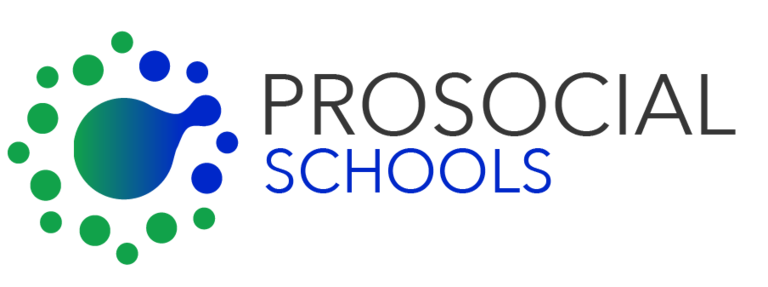Evolving Schools
Applied Working Group
Our Applied Working Group (AWG) serves as the scientific advisory and research development wing of the Evolving Schools ecosystem.
Our working group is organized around aims of ethical methods development and knowledge synthesis focused on emerging concepts of Community-Based Cultural Evolution, Schools as Field Sites, and Theories of Schooling.
Within the focus on methods development, we are working to advance a Rapid Ethnographic Assessment (REA) toolkit to support the exploratory potential of a school as a self-identified community-based field site.
Additionally, we are working on resources for the Long-Form Development (LFD) of schools as community-based field sites.
Regional Workshop Models
A core of our strategy for the sustainability and impact of the Evolving Schools AWG, is to advance an evolving collection of Regional Workshop Models aimed at engaging students, as well as pre-service and in-service educators from across diverse cultural contexts. These regional workshops, to be led by university-based regional teacher education research groups, help us achieve both academic and societal impact through the twin aims of academic research into cross-cultural conceptual development, and applied innovations supporting participatory school improvement.
Evolving Schools
We are interested in the big questions about the nature of schooling as it relates to human origins, diversity, and flexibility.
Our Goals
Short-term goals of the Evolving Schools AWG
- To bring together interdisciplinary experts and cross-sector stakeholders (including teachers and youth) to look at how the science of cultural evolution can better inform educational content (e.g. science and humanities education), as well as educational context (the design of schools and learning environments), and the interactions between both.
- To organize and pilot locally adapted Regional Workshop Models as proof-of-concept for advancing Community-Based Cultural Evolution within school contexts
- To co-create a vision and resources for grant proposals to support a recurring Evolving Schools Summer Institute and teacher innovation research network based on the evolving regional workshop models.
Long-term goals of the Evolving Schools AWG
- To advance interdisciplinary academic research in educational design employing cultural evolution science as content and context for innovation.
- To support pathways for students of all ages to engage and develop their understanding of cultural evolution as a basic and applied science.
- To support teacher education innovation research networks through digital open science research infrastructure.
- To advance rapid and long-form ethnographic methods within a participatory community science framework for school improvement, informed by insights from cultural evolution science.
Related resources on OpenEvo
Schools as Field Sites
Schools as Field Sites Part of our Community Science Lab model involves the active development of conceptualizing schools as field sites for community-based cultural evolution.
Rapid Assessment
Rapid Assessment is a methodology for conducting rapid, reliable, and valuable assessments of school or community culture.
Community Science Lab
Community Science Lab Our Community Science Lab model engages school students in applied projects that seek to understand and improve elements of school culture and





